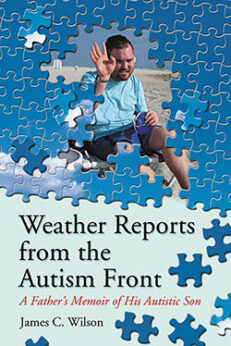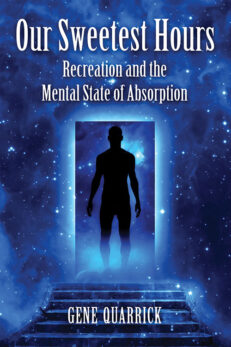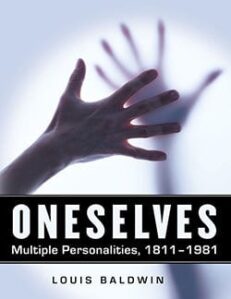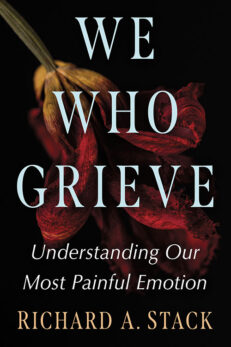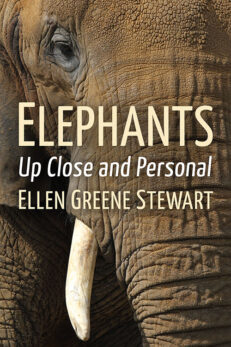We Who Grieve
Understanding Our Most Painful Emotion$19.99
12 in stock
About the Book
Those in the throes of grief may find this work a comforting companion. It reassures the readers that they are not alone, and provides guidance to process bereavement and to reassure that life, though different, can be fulfilling again. The book is written to support those mourning for a vast range of reasons and relationships, and includes helpful information for those close to mourners who seek to be supportive. Chapters discuss the language surrounding grief, strategies for moving forward, methods of decompression and acceptance, and how other cultures view and mourn the death of their loved ones.
About the Author(s)
Bibliographic Details
Richard A. Stack
Format: softcover (6 x 9)
Pages: 256
Bibliographic Info: 12 photos, bibliography, index
Copyright Date: 2024
pISBN: 978-1-4766-9283-8
eISBN: 978-1-4766-5054-8
Imprint: Toplight
Table of Contents
Acknowledgments ix
Preface 1
Part I. Meeting Grief Head-On
1. Taking the Shovel 7
2. A History of Homeless Love 11
3. When the Sad News Hits: Fight, Flight, or Freeze 15
4. Vocabulary: The Language of Grief 21
5. Discussing Grief 27
6. Two Distinct Coping Styles 38
7. The Power of Prayer 41
8. Many Modes of Grief 52
9. Grieving in Times of Quarantine 65
Part II. The ABCs of Moving Forward
10. Accept: Entering the Valley 79
11. Breathe 122
12. Continue Connection 128
13. Decompress 144
14. Empathize 150
Part III. Pivoting to Support Others
15. Heart Work 165
16. Lessons Learned from Professionals 170
17. Taking Care to Care for the Caregiver 175
18. A Final Thought on Final Thoughts: An Ethical Will Is a Legacy of Love 180
Part IV. How Various Cultures Comfort Their Mourners
19. Indigenous Australians: Humankind’s Original Instincts 187
20. Death and Mourning in Japan 198
21. Chinese Views of Death 204
22. Islamic Mourning Rituals 212
23. Hindu Mourning Rituals 223
Epilogue 234
Bibliography 241
Index 245
Praise for the Book
- “The human encounter with death evokes complex and intense emotions for bereaved individuals and families. This is made all the more problematic within our society that denies death, and resists speaking openly about grief and loss. But in We Who Grieve: Understanding Our Most Painful Emotion, Richard A. Stack delineates an intricate understanding of the complexity of grief, presented in a profoundly clear and lucid manner. Part memoir, part psychological inquiry into the nuances of the grief journey, this book is a treasure house for anyone wrestling with death and grief. You will discover in this book a viable roadmap explicating that most basic human experience that we are all destined to encounter throughout our lives.”—Rabbi Simcha Raphael, Ph.D., founding director, Da’at Institute for Death Awareness, Advocacy and Training, author of Jewish Views of the Afterlife
- “Despite the universality of grief, the bereaved often find themselves somehow alone in their pain while surrounded by people who want to help. Isolation and misunderstanding tend to be the hallmarks of grief in the United States. This book provides the language grieving people need to help decrease the isolation and information to help us all better support our grieving loved ones! It is kind of religious, and kind of cultural, and kind of not! It takes a universal approach to understanding grief and grief traditions as a way of mirroring the universality of grief. This book is an atlas for grief; the contents of it will ease suffering…of this I am sure! Thank you for giving a voice to our friends, family, neighbors, and colleagues who struggle daily with this, most human experience.”—Michelle Palmer, LICSW, executive director, Wendt Center for Loss and Healing, Washington, DC
- “I find myself wanting to squeeze the meaning and the moment out of every word in this book. It is the most moving treatise I have ever read on grief and the grieving process. It is a gift to human kind-wherein suffering is guaranteed. The book does not provide guidance on how to grieve less or to make it less painful, but how to make it redemptive enabling the person who has experienced loss to remember that love goes in the center, thus enabling individual growth through and in the progression of grieving.”—Rev. Joseph Eldridge, American University

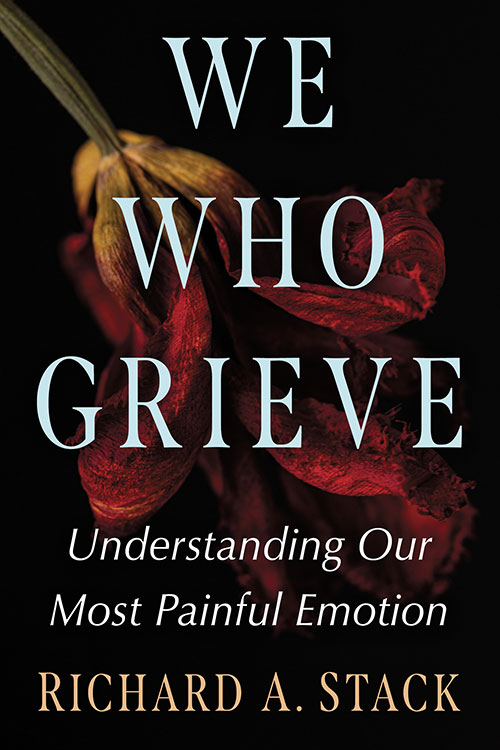
 Richard A. Stack, associate professor emeritus, taught for three decades in the School of Communication at American University. He has published four books and is an award-winning documentary producer. He volunteers at Washington, D.C.’s leading grief counseling center.
Richard A. Stack, associate professor emeritus, taught for three decades in the School of Communication at American University. He has published four books and is an award-winning documentary producer. He volunteers at Washington, D.C.’s leading grief counseling center.